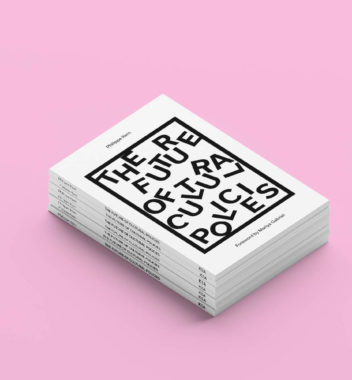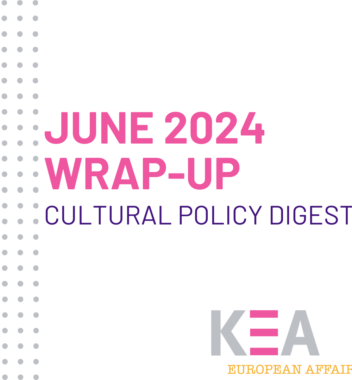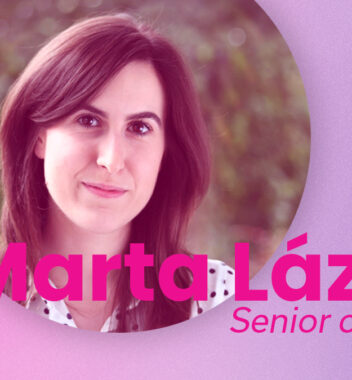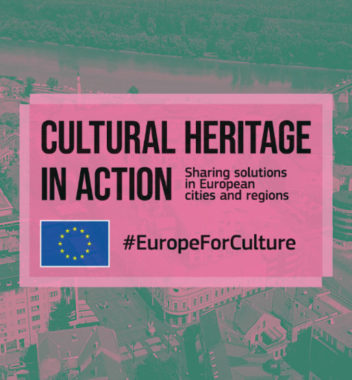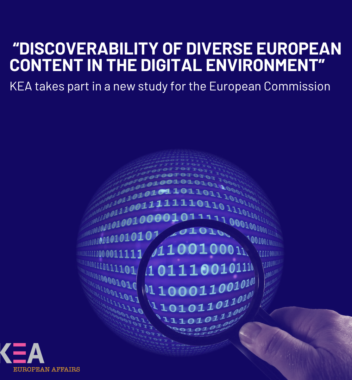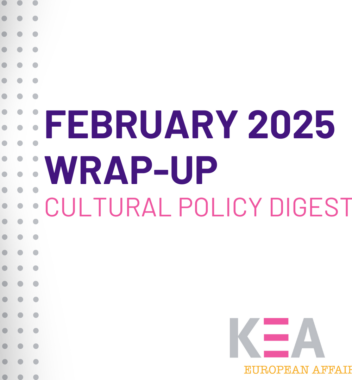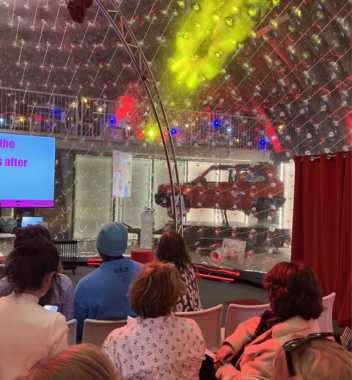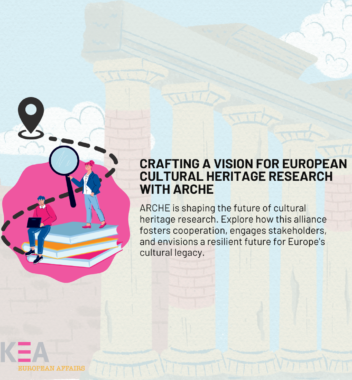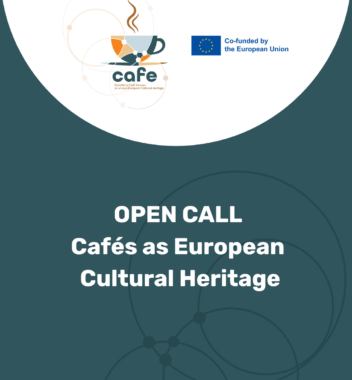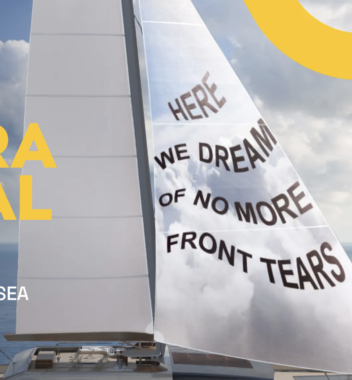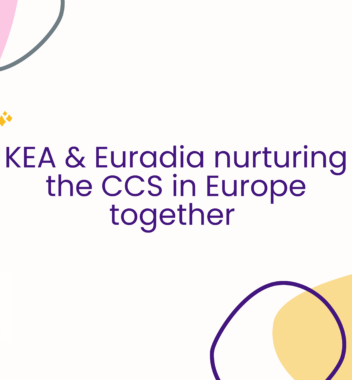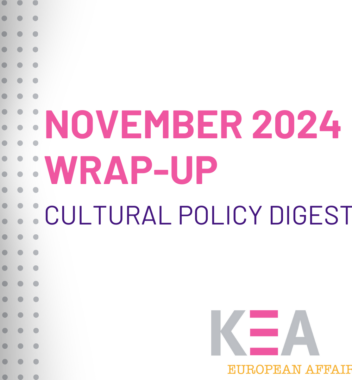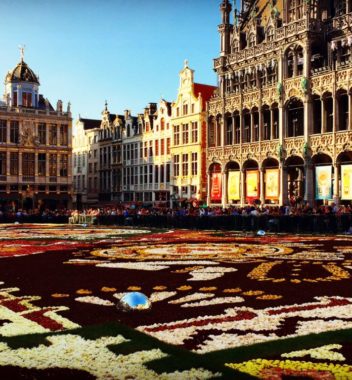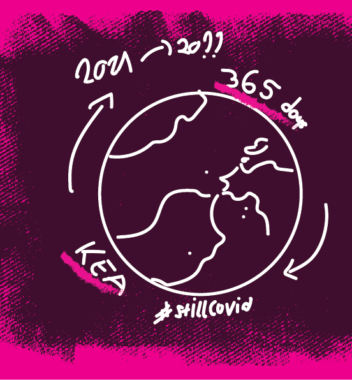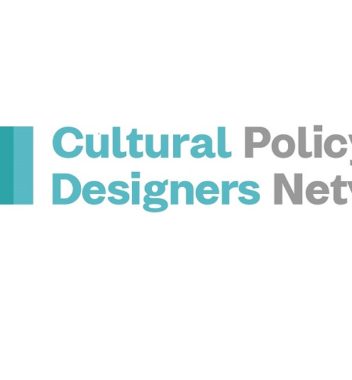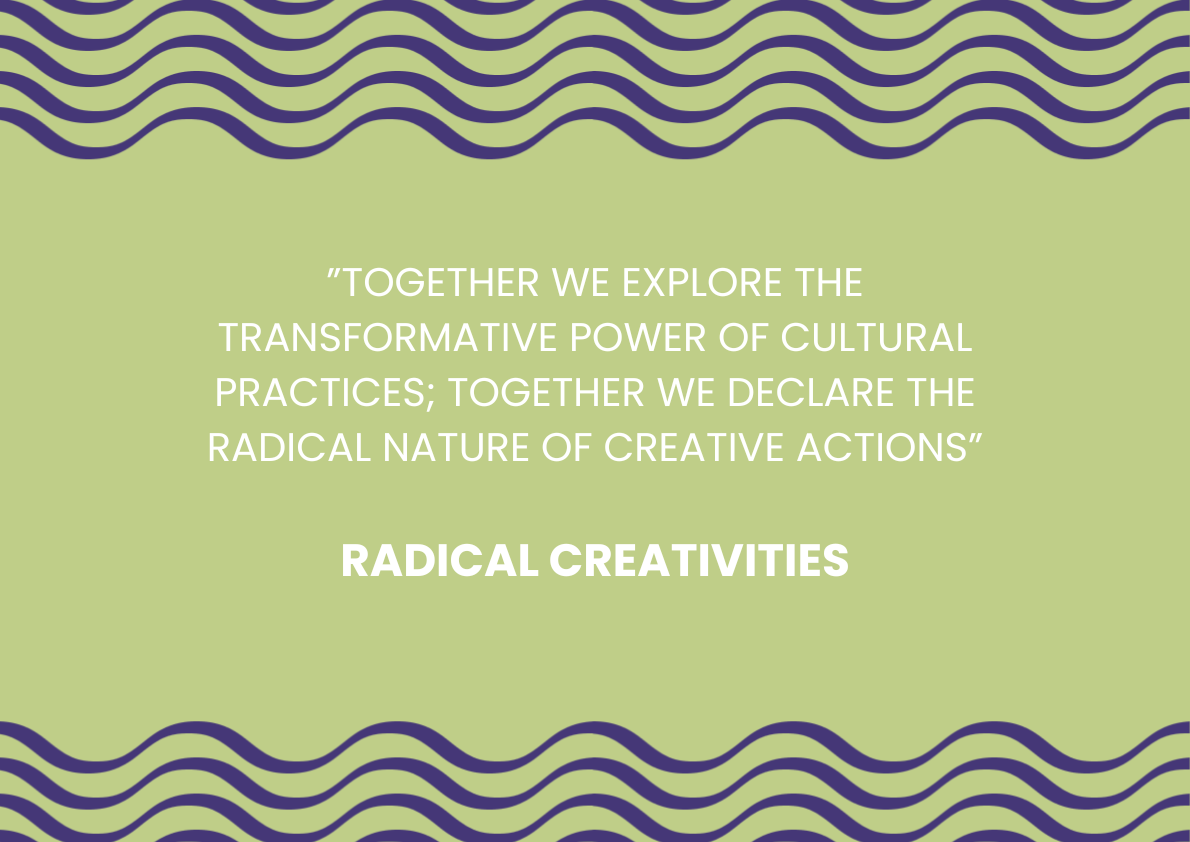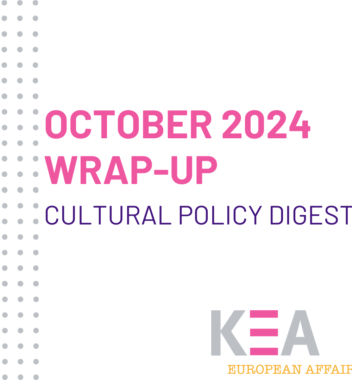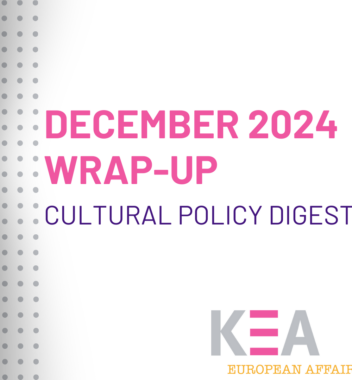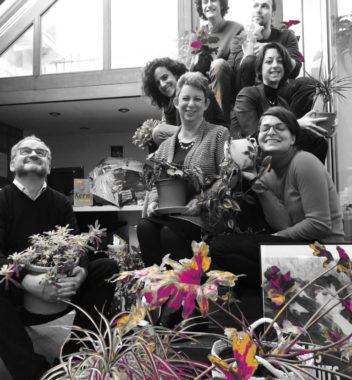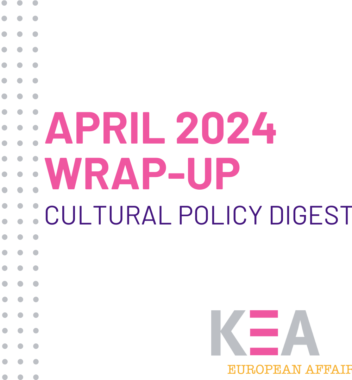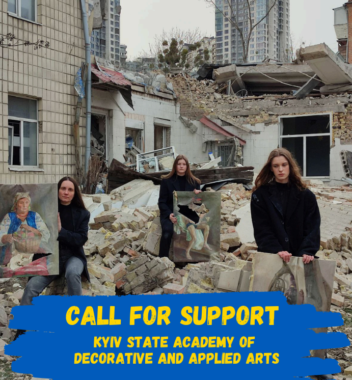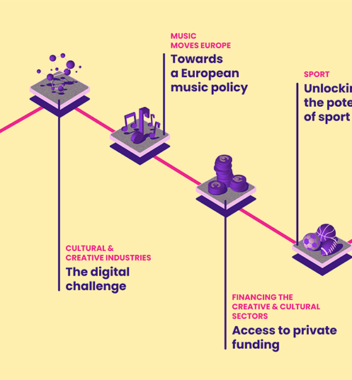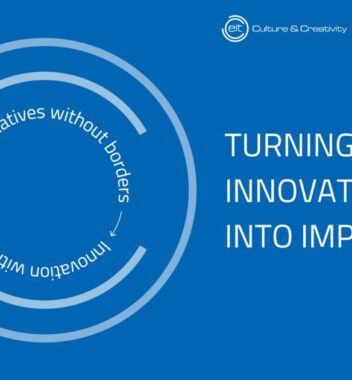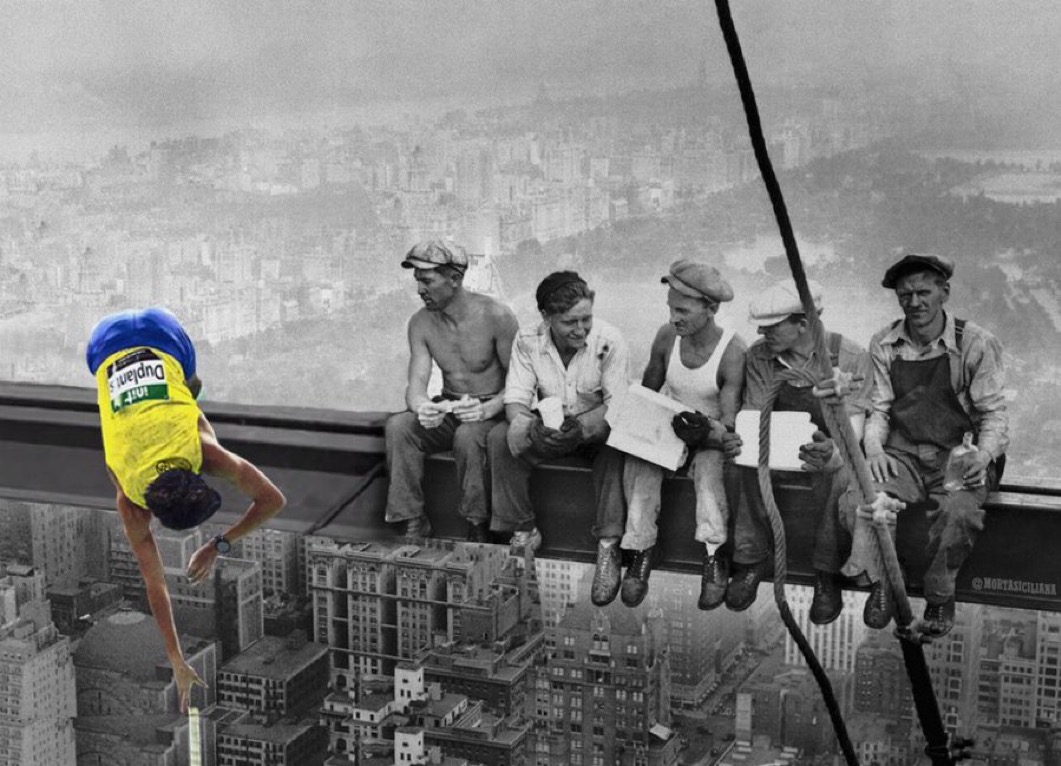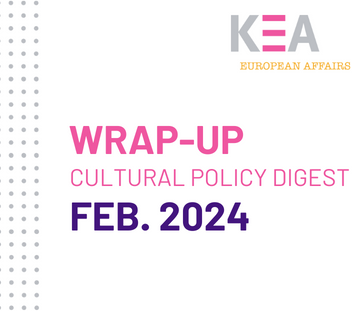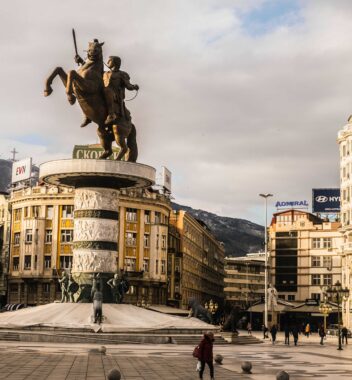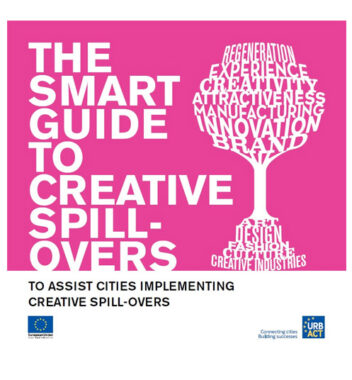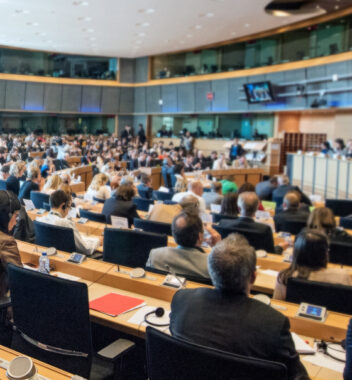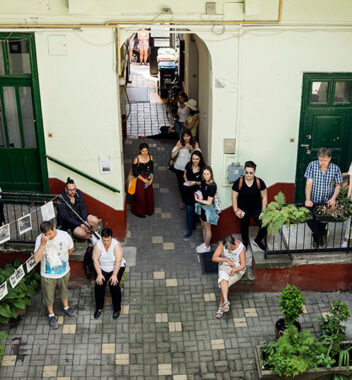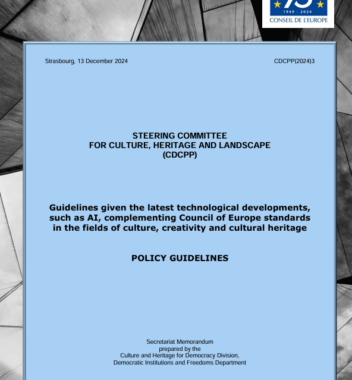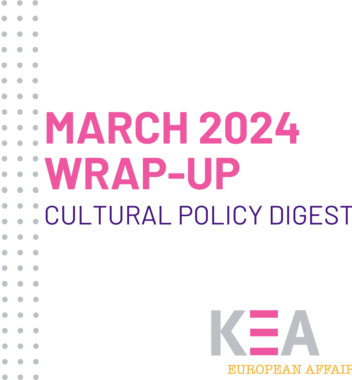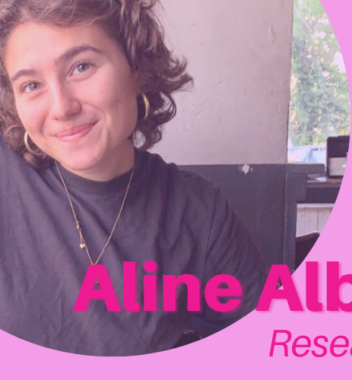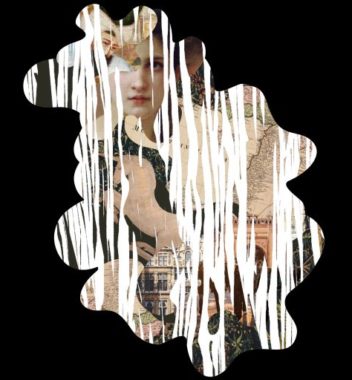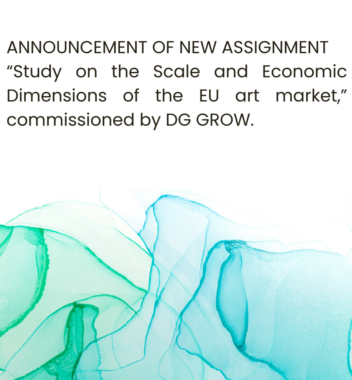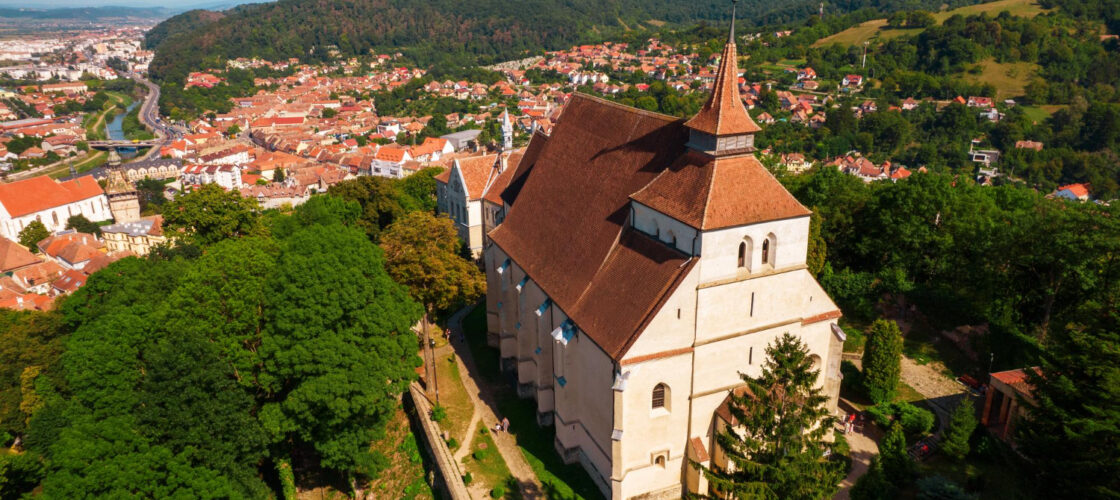
Is there anything in common between the air well system of the Vienna Burgtheater, the Spanish Climate Change Adaptation Plan 2021-2030 and promotion of drystone walling in Croatia? Yes! They are all part of the best practices compiled in the latest report by the Commission on the relation between cultural heritage resilience and climate change protection. This report is the result of the work by the EU Open Method Coordination (OMC) group of Member States’ experts on ‘Strengthening cultural heritage resilience for climate change’. Its basis are the discussions and argumentation of the OMC members along their 9 meetings that took place last year.
Cultural heritage as a victim and a solution to climate change
The group’s mission was to explore the contributions of cultural heritage to the European Green Deal and examine the current and emerging threads of climate change on cultural heritage. The report adopts a much-needed holistic approach to Cultural Heritage Research and Innovation in viewing heritage not only as a victim, but also a provider for solutions to help Europe’s climate effort. Such solution potential steams from the 83 best practices gathered from 26 countries that constitute an invaluable pool of sources of inspiration and ideas to emulate. The full document containing the best practices can be found in this link.
The prospective value of this report lies in the realisation that cultural heritage is also part of the solution against climate change. Beyond its aesthetic and historical value, is of utmost importance to acknowledge cultural heritage as an invaluable pool of practical knowledge to face our common struggles. Hence it is the time to consider and implement the recommendations handed by the expert group and focus our individual and common actions to strengthen our cultural heritage. The list of ten recommendations is outlined below:
The open method of coordination (OMC) expert group notably gives the European Commission the following tasks:
- Emphasise the importance of cultural heritage in times of climate crisis and propose new actions at European level to adapt cultural heritage and enable it to mitigate climate change.
- Ensure structured cooperation at all levels of governance between EU directorates-general responsible for climate change and/or cultural heritage.
- Develop together with the Member States and associated countries, a European climate change cultural heritage risk assessment map by 2025.
- The European Commission must initiate a full review of the economic costs of climate change adaptation/mitigation solely for cultural and natural heritage.
- The European Commission must establish a common European platform for exchange, discussion, expertise, and knowledge sharing about the impacts of climate change on cultural heritage and its contributions in the fight against climate change, providing a central entry point for cultural heritage in times of climate change.
KEA is looking forward to contributing to the line of work proposed by the OMC in its projects relating to culture heritage. For instance, in our participation as a consortium member in the Alliance for Research and Innovation in Cultural Heritage in Europe (ARCHE). ARCHE is a European-funded research project that aims to mainstream cultural heritage into the EU priorities to a climate neutral and green Europe. The aims of ARCHE closely resonate with the lessons learned from the OMC in calling for a holistic approach to the management of cultural heritage. As stated in the report, it is only following such commitment that we can prevent the loss of collective memory treasured in cultural heritage to avoid the mistakes of yesterday in the future.
The full report can be find here.
KEA has been advising territories, organisations and people to unlock the potential of cultural and creative industries since 1999. www.keanet.eu
